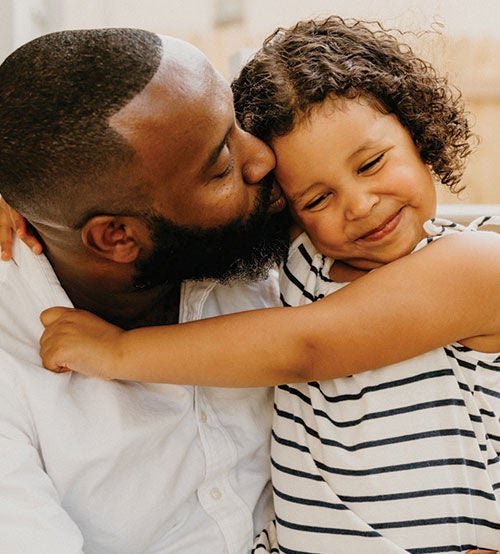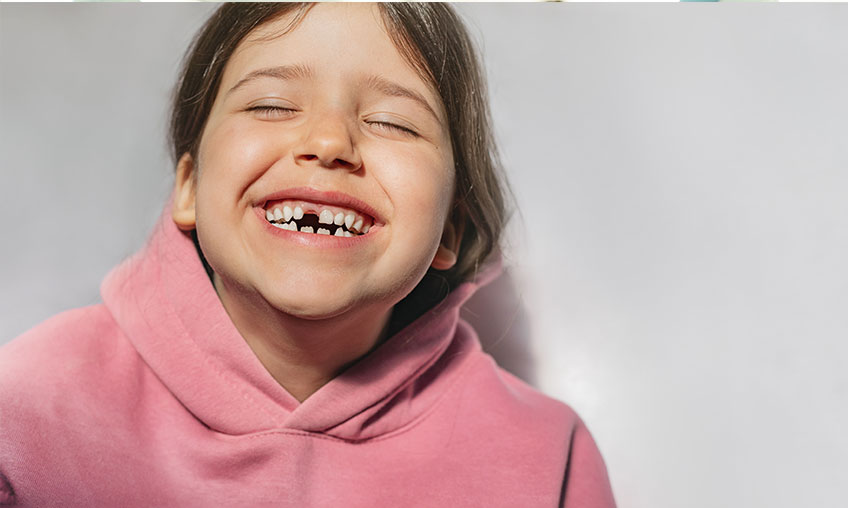Caring for baby teeth helps set the tone for a lifetime of good oral health.
Teeth start to form before babies are even born, and you can encourage oral health during pregnancy. A pregnant mother’s diet that includes calcium, phosphorus, vitamin C, and vitamin D will help tooth and bone growth for the baby, says Stanford Children’s Health
Before your baby has teeth, gently wipe their gums twice a day with a clean, wet washcloth. Keep up with this routine as teeth start to come in. This will help to keep the teeth strong and healthy.
The first tooth usually comes in when a baby is about eight months old. It is usually in front and on the bottom. There are a total of 20 primary (baby) teeth, and most come in by 33 months. But every child is different and may grow at different rates.
Teething Time
When teeth first start to show, your baby may have symptoms of teething. Signs include crankiness, trouble sleeping, loss of appetite and extra drooling. But fever, diarrhea and rashes do not normally come from teething, says the American Dental Association. The association advises you to call your pediatrician if your baby has any of these symptoms while teething and continues to be cranky and uncomfortable.
One way to comfort a teething baby is to gently rub their gums. Use a clean finger, a small cool spoon, or a moist gauze pad. Your child can also chew on a teether made of solid rubber. The American Dental Association recommends against liquid-filled and plastic teething rings because they may break. As always, ask your pediatrician about any questions or concerns.
Babies usually get their lower teeth after eight months. The upper teeth come in at about 10 months. When the first teeth show, clean them by adding a small amount of the toothpaste with fluoride to a clean, wet washcloth. Then wipe each tooth.
Later, as more teeth come in, gently brush your baby’s teeth with a soft toothbrush and a small amount of toothpaste with fluoride. It’s okay to use just a dab of toothpaste at first. Slowly work up to a pea-sized amount of toothpaste by your child’s third birthday.
Losing Primary Teeth
Most children start losing baby teeth around the age of 6 and lose the last primary tooth when they're about 12 years old. Then, they usually develop 32 adult teeth, including wisdom teeth.
Another way to protect your baby’s gums and teeth is to choose a dental home - a dentist office to get care now and into the future. Make an appointment at your chosen dental home before your child is one year old.
The team at the dental home will keep an eye on possible risks to future health and provide guidance to help your family healthy. Starting this relationship early helps your baby get comfortable with the dentist and in doctors’ offices overall.
 Preventistry Pulse Image
Preventistry Pulse Image
PREVENTISTRY PULSE
The newsletter designed for anyone who wants to improve oral health for themselves, their families, customers or communities.


